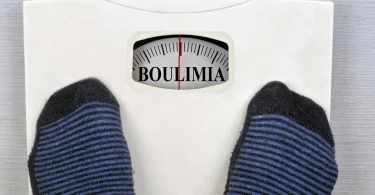
MYTH
3- PSA SCREENING FOR YOUNGER MEN SAVES LIVES
The Origin
Prostate cancer is the most common cancer among men, and it’s second only to lung cancer in deadliness. PSA stands for “prostate-specific antigen,” and the test measures blood levels of this protein; a high number can suggest prostate cancer. In 1994, the FDA approved routine PSA screening for asymptomatic men. Since it’s such a simple, noninvasive way to apparently detect a dreaded disease, physicians prescribe and patients request an estimated 20 million PSA tests annually.
The Truth
Mass PSA screening does more harm than good. In a 2010 New York Times editorial, even the doctor who discovered PSA called large-scale testing a “profit-driven public health disaster.” In 2012, the U.S. Preventive Services Task Force advised against routine testing, citing evidence that about 80 percent of results are false positives. Unnecessary treatments can include painful biopsies, surgery, and radiotherapy. Experts estimate that up to five of every 1,000 men who undergo prostate cancer surgery die within a month, and at least 200 of every 1,000 men who have radiotherapy and surgery for prostate cancer suffer complications like urinary incontinence, erectile dysfunction, and/or bowel problems. The American Urological Association no longer recommends routine PSA screening for men younger than 55 unless they have risk factors (like smoking, being overweight, or having a family history of prostate cancer).
[mashshare]




